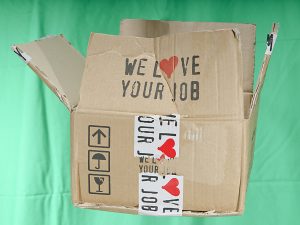Our Orange County employment attorneys in California have long discussed the employment law conundrums for so-called “platform workers” in the “gig economy.” Companies classify the workers as independent contractors, which strips them of key employment rights such as overtime, breaks, liability insurance coverage, minimum wage and workers’ compensation if they’re injured on-the-job. Workers have alternatively argued in a number of cases they are actually employees, entitled to these benefits. Court rulings have varied, and it’s left an increasing number of workers confused about their rights. Harvard and Princeton economists two years ago issued a report saying at that time, some 12.5 million people – 8.4 percent of the U.S. workforce – were considered independent contractors. 
Earlier this year in the first-of-its-kind ruling, a federal judge in Philadelphia sided with the California-based Uber in finding its limousine drivers are independent contractors, not employees, in the eyes of federal law. The court reached the conclusion after examining the level of control over which the company had over its workers, who were allowed to work any hours they wanted (or not), nap, run personal errands and smoke cigarettes between rides. That decision is being appealed to the U.S. 3rd Circuit Court of Appeals.
The California Supreme Court in April issued a ruling making it more difficult for companies to classify their workers as independent contractors. The ruling has direct implications for the ballooning “gig economy” of platform workers, spurring many companies – and workers – to seek the advice of qualified employment law firms in Southern California. Continue Reading ›
 Orange County Employment Lawyers Blog
Orange County Employment Lawyers Blog










